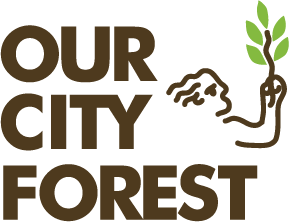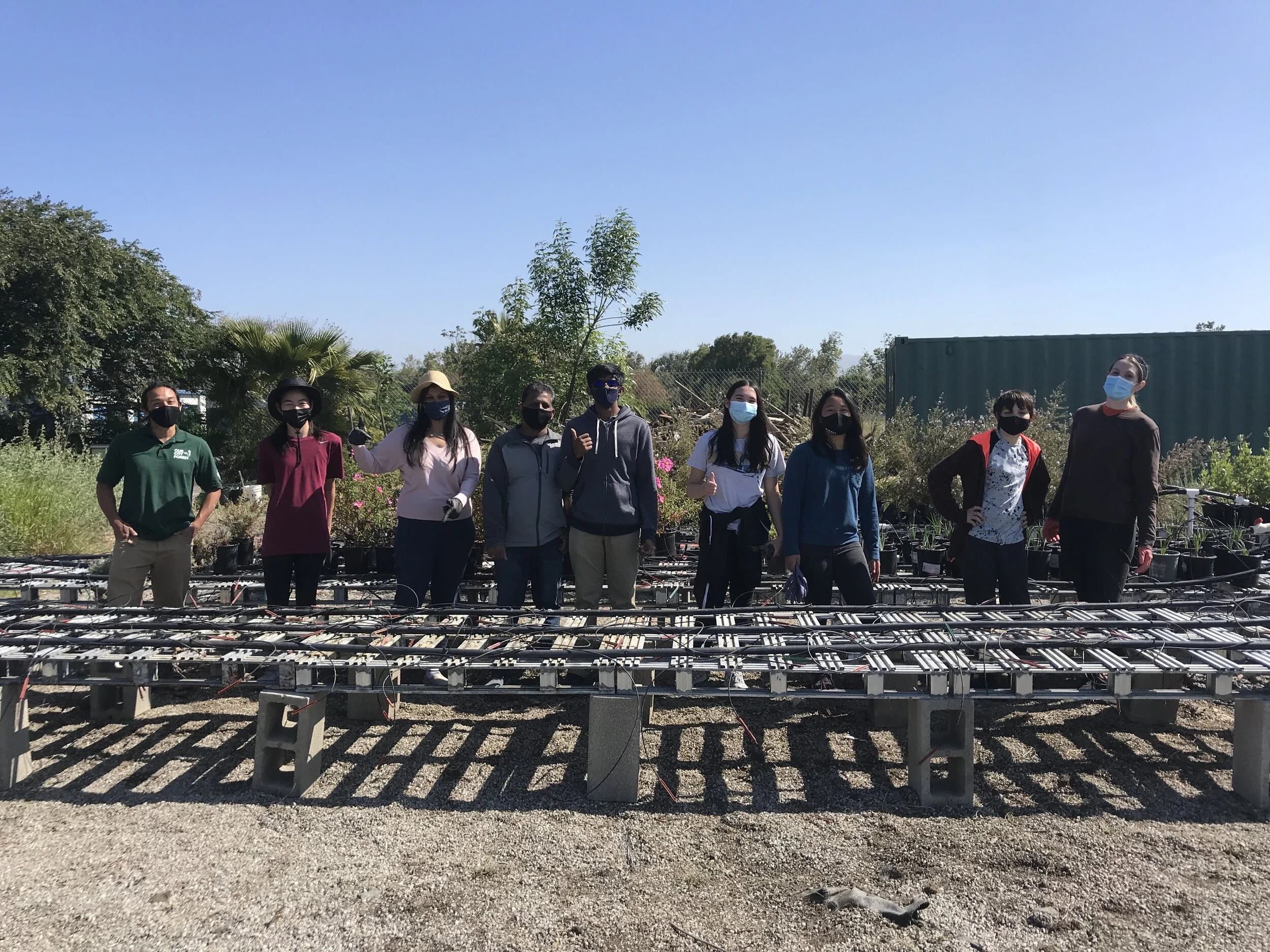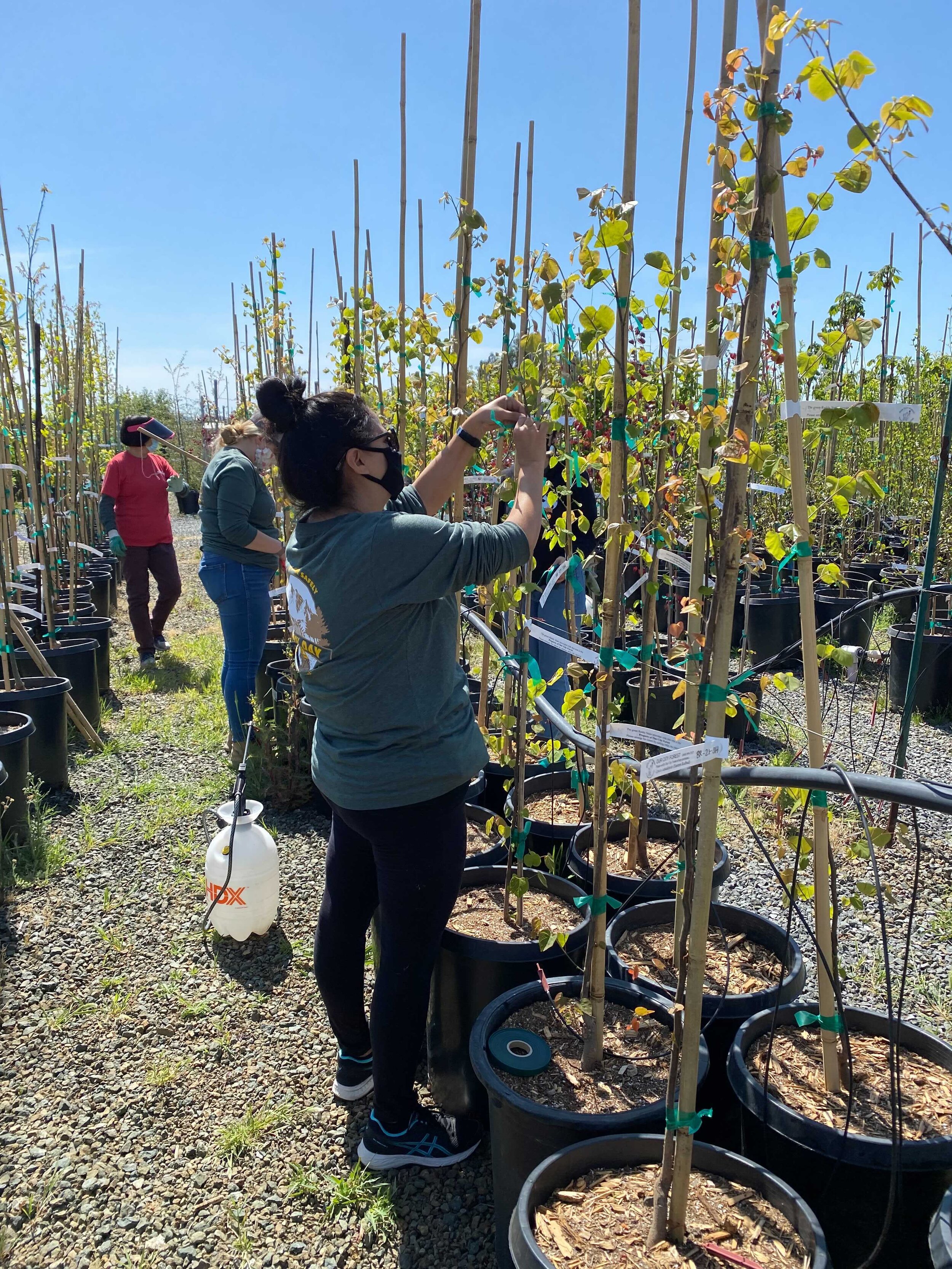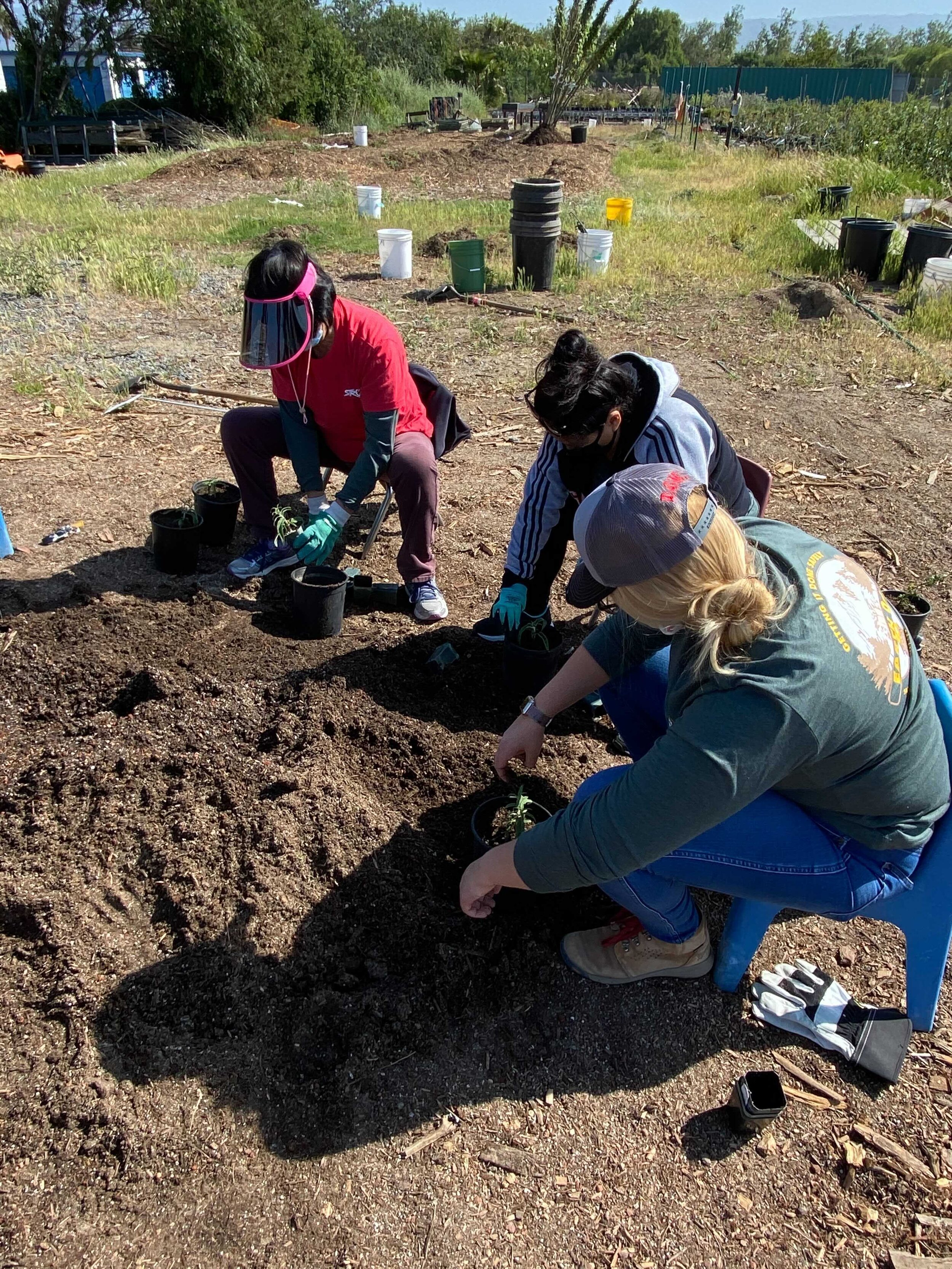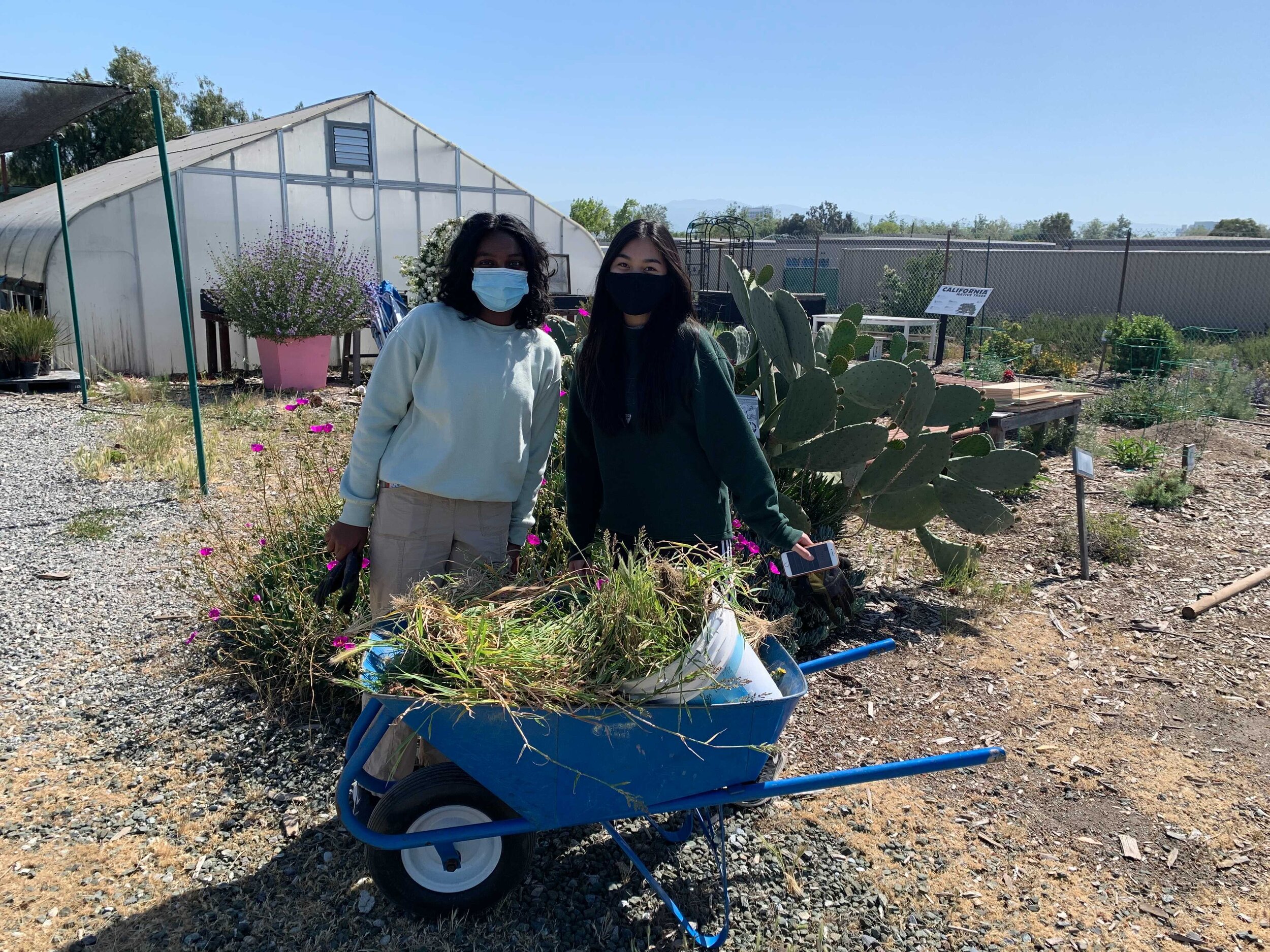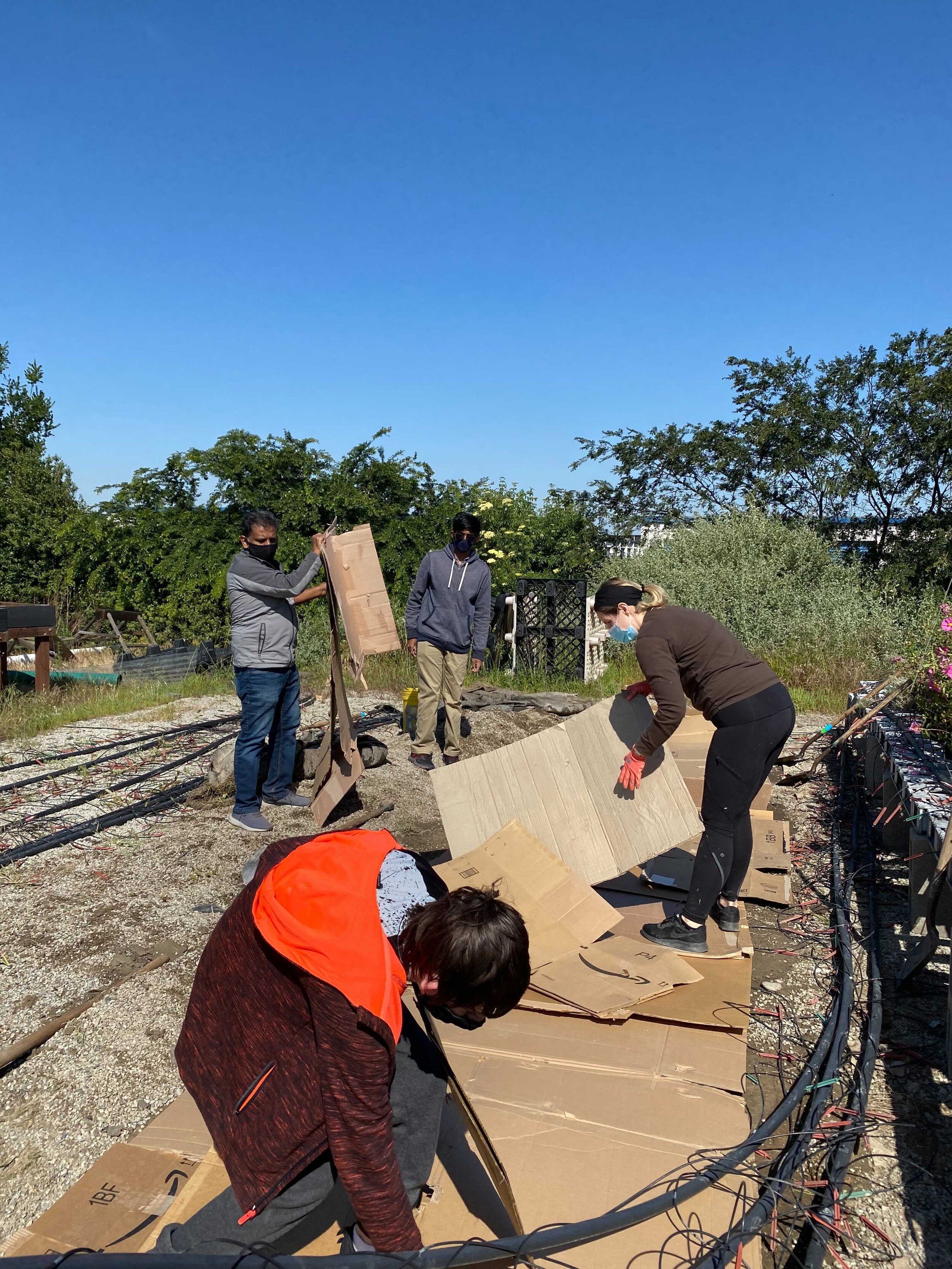National Volunteer Week is April 18th - 24th!
This year, we decided to interview some of our volunteers on why they enjoy working with Our City Forest and getting their hands dirty.
Here are their responses:
Allan Nguyen - Intern & Volunteer with Our City Forest
Tell me about yourself. Is there anything you want people to know about you? What grade you are in (if in school), hobbies, or do you have any pets?
My name is Allan Nguyen and I’m currently a junior at Piedmont Hills High School. I’m very interested in the ocean and marine biology and love listening to city pop. Some hobbies I have include testing the limits of my spice tolerance and playing video games with my friends.
When did you start volunteering with OCF and why did you choose to start volunteering with OCF?
I started volunteering with OCF as an intern on March 17th of 2021 as a marketing/outreach intern. My career pathway program actually placed me into the company and I wasn’t able to choose my company of choice but I’m very glad that I was able to volunteer with OCF.
If you could have one song play every time you entered a room what would it be?
Probably “Wait a Minute!” by Willow Smith to quite literally get the message across incase I am ever late.
What do you put into the bowl first, milk or cereal?
Definitely cereal.
How has volunteering with OCF impacted you?
OCF has taught me a lot about how an actual company functions day by day and helped me settle into a much more professional setting. I was able to learn about the tremendous impact that trees have on cities and urban areas.
If you could eat one thing for the rest of your life what would it be?
Fried Chicken, you can’t go wrong with fried chicken as there’s so many variants such as tenders, drumsticks, different types of sauces, brines, etc.
What’s your go-to dish when you have to cook dinner?
Usually I cook dinner just for myself so I’d probably go with a pack of fire noodles, preferably the carbonara flavor.
Anonymous Volunteer - Age 19
When did you start volunteering with OCF and why did you choose to start volunteering with OCF?
I started volunteering with OCF in June of 2019. I helped out a lot at the nursery and worked alongside the AmeriCorps members with various tree and shrub activities. I started volunteering to fulfill a school requirement, but ended up sticking around because of the people who make up the organization. Each time I came out to the nursery, I conversed with different people from all over the Bay Area and it was such a fun and relaxed environment. I ended up coming back week after week to help pot baby trees and shrubs, or build soil, etc.
How has volunteering with OCF impacted you?
Volunteering has changed my thoughts on how much change a small group of people can actually create in a community. OCF is a small organization, and yet we do so much as volunteers to help contribute to the health of the trees in the Bay Area. It is pretty amazing to see.
If you could eat one thing for the rest of your life what would it be?
I would choose tacos. You can’t go wrong with a taco, and there are so many varieties of things you can put in them too that you’ll never get sick of eating the same thing. Breakfast tacos are so good.
Dawson Chen - Dedicated Volunteer
Tell me about yourself. Is there anything you want people to know about you? Where do you go to school & what grade are you in, hobbies, or do you have any pets?
I go to the Harker School in San Jose, and I’m in 11th grade. Throughout high school, I have enjoyed building robots! I have dedicated the past two years to building an irrigation robot, which has basically become my pet at this point.
When & why did you start volunteering with Our City Forest?
I began volunteering at Our City Forest in fall of 2018, when my school first gave us the opportunity to come earn volunteer hours. After completing my hours however,
I decided to continue volunteering regardless. The reason is that the people at OCF were incredibly kind, and my experience there was nothing but joy.
How has volunteering with OCF impacted you?
Volunteering with OCF has allowed me to become much more conscious of my environmental footprint on a daily basis. When I see a piece of trash in a public park, I am reminded of the hours I’ve spent with OCF picking up trash, so I know to dispose of it even if it’s not mine.
If you could be mentored from any mathematician or scholar, who would it be & why ?
Professor Savarese at Stanford Artificial Intelligence Lab has done incredible research in robotics simulation and training, so I would love to meet and learn from him.
What’s your favorite quote?
The most dangerous thing in life is playing it safe. -Casey Neistat
If you could talk to any living organism on the planet, what would you talk to?
TREES. It sounds a little stupid, but I want to know how it feels to do photosynthesis.
What would be your superpower?
Healing things. People, animals, plants. I could just radiate a nutritious beam of light that uplifts people.
Do you have a favorite tree or shrub?
Rosemary shrubs are one of my favorites. They look like mini Christmas trees and smell almost angelic, especially when used in cooking.
Om Kannan - Dedicated Volunteer
When & why did you start volunteering with Our City Forest?
I started volunteering with OCF I believe around mid-December last year. I chose OCF because I'd volunteered there 2 years ago, and found it a great place to be. Friendly staff, fun work to do, and breaks as needed. I also realized that helping a good cause that not only helps the generations alive now, but also hundreds of generations to come made me feel very good.
How has volunteering with OCF impacted you?
As for how volunteering with OCF has impacted me, it's done nothing but impact me for the better. I've started to enjoy volunteering a lot, and find the work that needs to be done very fun, especially doing it with my friends.
